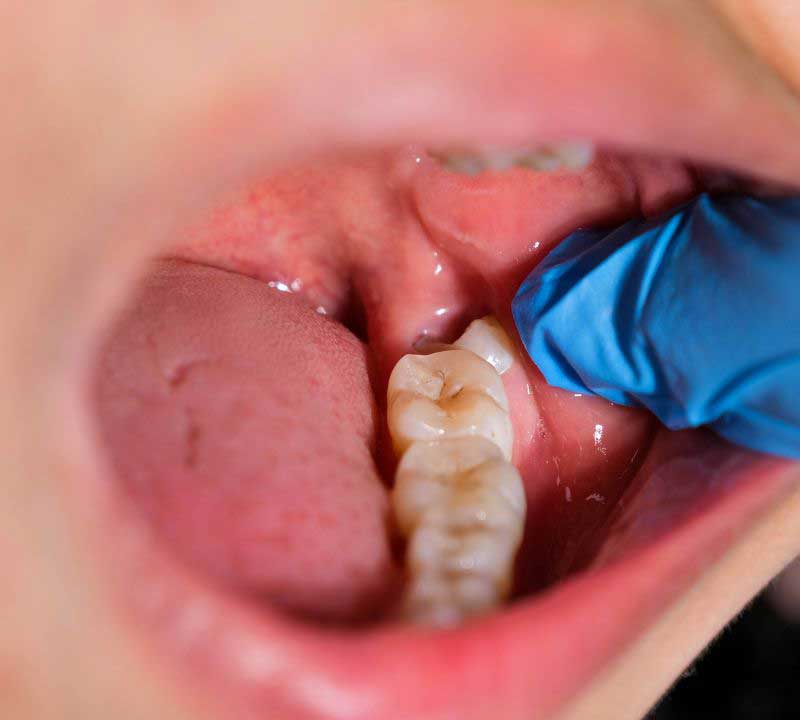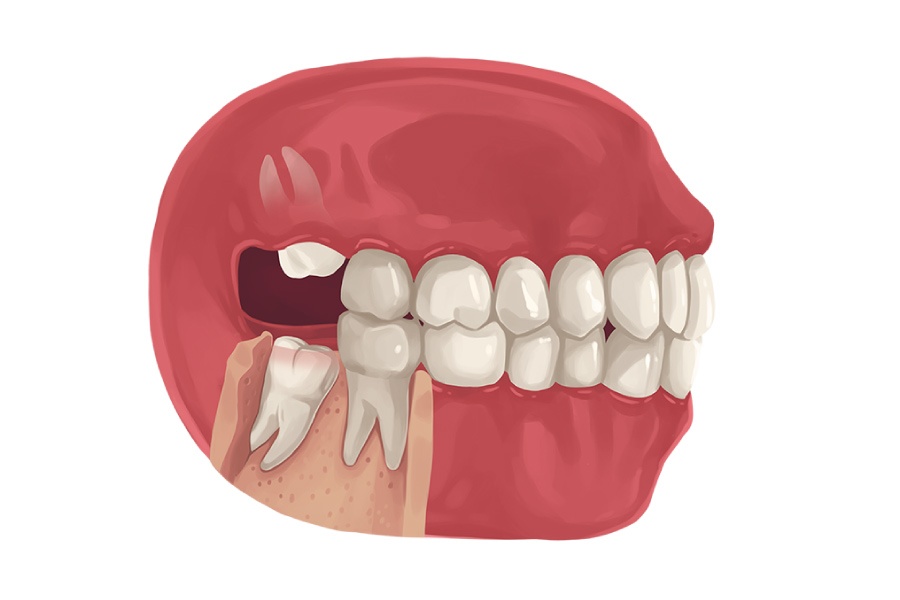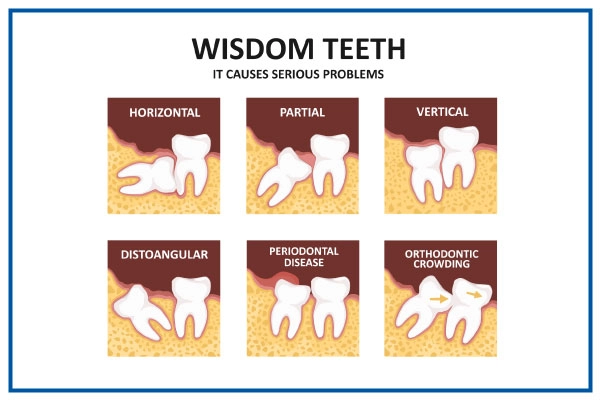Wisdom Teeth Removal Aspendale: Post-Procedure Care and Healing Tips
Wisdom Teeth Removal Aspendale: Post-Procedure Care and Healing Tips
Blog Article
Discovering Different Sedation Options for a Comfy Wisdom Pearly Whites Removal Experience
The usage of sedation during such treatments has actually become significantly usual to relieve anxiety and pain. With a variety of sedation choices offered, from regional anesthetic to general anesthesia, each method offers varying levels of relaxation and discomfort control.
Regional Anesthesia
Neighborhood anesthesia is a frequently made use of method for numbing details locations of the mouth throughout wisdom teeth extraction procedures. By providing a neighborhood anesthetic, such as lidocaine, a dental practitioner can make certain that the person remains comfortable and pain-free throughout the extraction procedure. Neighborhood anesthesia works by momentarily blocking the nerves in the mouth, stopping them from sending discomfort signals to the brain. This allows the dental practitioner to carry out the removal without causing any kind of pain to the client.
Among the main benefits of neighborhood anesthetic is its targeted numbing effect, which indicates that just the particular location being treated is influenced. This local approach minimizes the risk of systemic negative effects and enables a quicker recuperation post-procedure. In addition, neighborhood anesthesia is thought about to be a risk-free and routine method in dentistry, with very little risks involved when provided by a qualified professional.
Laughing Gas
Nitrous oxide, frequently recognized as chuckling gas, is a form of sedation often made use of in dental care to assist patients loosen up during dental treatments. This sedation option permits the client to stay responsive and aware throughout the procedure while feeling at convenience and comfortable.
In addition, nitrous oxide is known for its rapid recovery time. As soon as the mask is removed, the effects of the gas disappear quickly, enabling individuals to resume their typical activities without remaining sedative results. This makes nitrous oxide a hassle-free choice for those that require to drive themselves home after the dental visit. Furthermore, laughing gas is appropriate for patients of any ages, making it a functional sedation option for knowledge teeth extractions and other dental treatments.
Dental Sedation
Dental sedation, a medicinal approach utilized in dentistry, includes the management of sedative medicines by mouth to induce an unwinded state throughout oral procedures. The drugs recommended for dental sedation belong to a class of drugs called benzodiazepines, which have sedative, anxiolytic, and amnesic residential properties.
Unlike intravenous sedation, dental sedation does not require shots or needles, making it a more comfortable option for individuals with a concern of needles. Furthermore, oral sedation is considered effective and risk-free when provided by skilled oral specialists.
IV Sedation
Provided intravenously by experienced physician, IV sedation is an effective method made use of to generate a regulated state of deep relaxation and unfamiliarity during dental procedures. Unlike oral sedation, which can be uncertain in its impacts, IV sedation enables accurate control over the level of sedation, making it an excellent choice for complicated procedures like wisdom teeth extractions.
During IV sedation, a sedative medication is provided directly right into the bloodstream through a vein, allowing it to work rapidly and effectively. This technique guarantees that the person stays comfy and unaware of the treatment while still preserving crucial features such as breathing and heart price.
Among the main benefits of IV sedation is its ability to supply a much deeper level of sedation compared to various other approaches, making it specifically appropriate for clients with high levels of anxiousness or those undergoing substantial oral work (wisdom teeth removal aspendale). In addition, the impacts of IV sedation normally disappear progressively after the treatment, read minimizing the possibility of grogginess or sticking around side impacts. On the whole, IV sedation uses a safe and effective option for making certain a comfortable and worry-free experience throughout knowledge teeth extraction

General Anesthetic
Having reviewed the advantages of IV sedation for wisdom teeth removal, the application of general anesthetic supplies an alternative choice for patients needing a much deeper degree of unconsciousness throughout dental treatments. General anesthesia induces a controlled state of unconsciousness, ensuring the client really feels no pain or discomfort during the removal procedure. This technique is specifically helpful for individuals with severe dental anxiety, facility medical requirements, or those undergoing several removals at the same time.
General anesthetic is administered by a qualified anesthesiologist that very closely monitors the patient's crucial indicators throughout the procedure. It involves the use of intravenous drugs or breathed in gases to induce a state of unconsciousness. While under general anesthetic, the person will certainly not recognize the surgical treatment, experience any pain, or have any kind of recollection of the treatment later.
Although basic anesthetic is safe when administered by qualified professionals, it carries a somewhat greater danger why not look here contrasted to various other sedation choices - wisdom teeth removal aspendale. Patients considering general anesthesia for knowledge teeth extraction ought to talk about the prospective risks and advantages with their dentist or dental surgeon to make an educated choice based upon their individual needs and medical history

Final Thought
In verdict, numerous sedation choices are available to make certain a comfortable knowledge teeth removal experience. Oral sedation and IV sedation deal deeper degrees of leisure, depending on the individual's needs.
Nitrous oxide is ideal for people of all ages, making it a flexible sedation option for knowledge teeth removals and other dental treatments.

Report this page